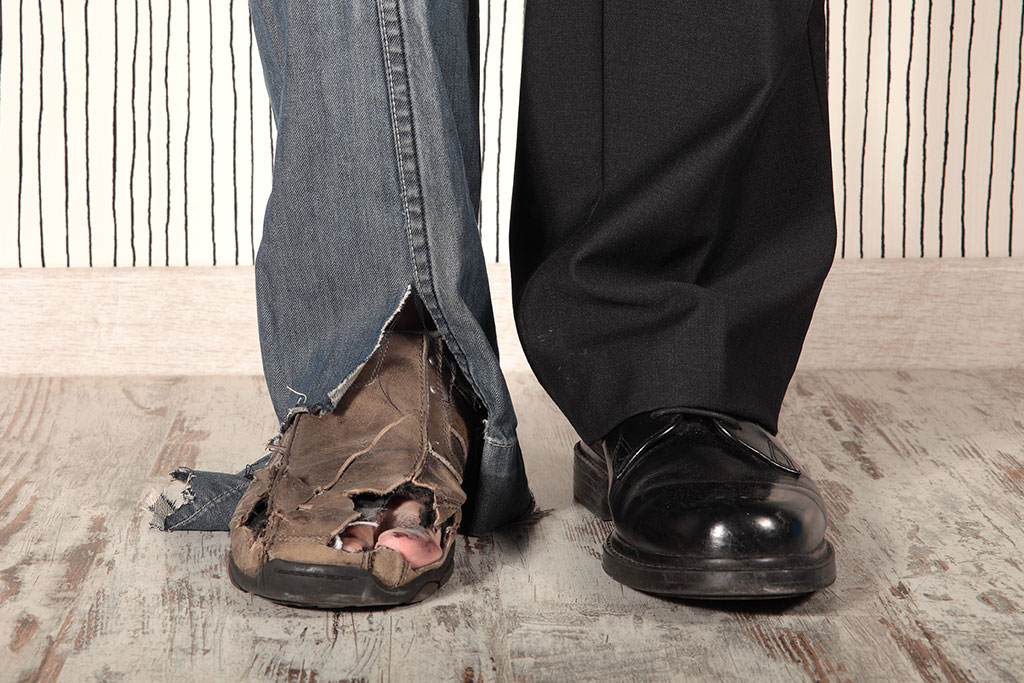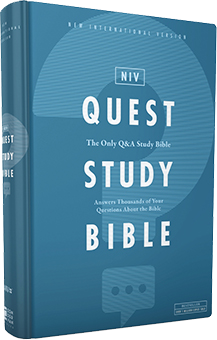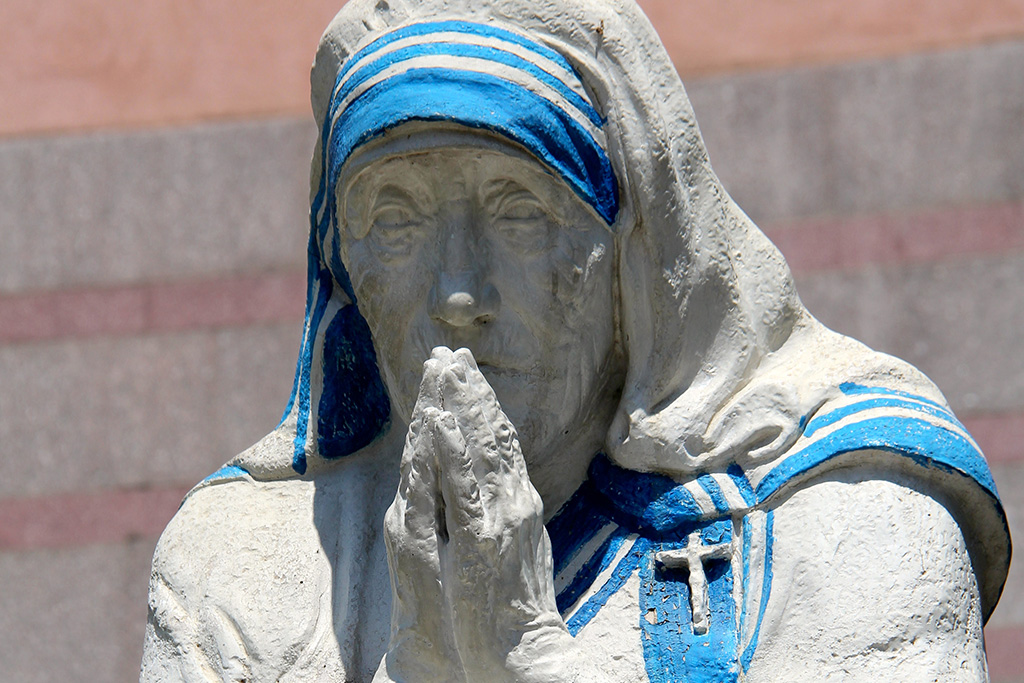
How Do You Balance Concern for the Poor with Your Own Family’s Needs?
For six years you are to sow your fields and harvest the crops, but during the seventh year let the land lie unplowed and unused. Then the poor among your people may get food from it, and the wild animals may eat what is left. Do the same with your vineyard and your olive grove. — Exodus 23:10-11
God’s people can take comfort in knowing that He will provide for the poorest in our communities. He asks us to give others what we can offer with a cheerful heart. In Exodus 23:10-11, the poor are those who are in need of basic necessities (e.g., food, clothing, shelter). But elsewhere the Bible mentions other types of people who are poor. Whereas Matthew recorded Jesus saying that the poor in spirit are blessed (Matthew 5:3), Luke’s account states that the poor are blessed by God (Luke 6:20). The poor in spirit referred to in Matthew 5 are those who are spiritually bankrupt and desperate for God. The poor of Luke 6 are those who are desperate because they have no one to care for them. And the apostle Paul admonished Timothy to care for the widows in his congregation, saying, Give proper recognition to those widows who are really in need (1 Timothy 5:3).
The fundamental principle here is that God provides for the needs of the poor (Matthew 6:25-34). How does God do this? The answer is that he does this in a variety of ways. He often meets tangible needs through the generosity of his people, who want to give out of the abundance they have been given. And God is able to bless you abundantly, so that in all things at all times, having all that you need, you will abound in every good work (2 Corinthians 9:8).
God also assigns responsibilities to certain individuals who are close to people with material needs. In 1 Timothy 5, Paul said that local needs ought to be met by institutions and individuals who are in closest proximity to those in need. So in the case of widows, Paul said that children or grandchildren bear the first line of responsibility to care for a widow’s materials needs (1 Timothy 5:4). But if the widow is all alone and remains upright in her loneliness, then she is to be cared for by the deacons (1 Timothy 5:5, 16). Give the people these instructions, so that no one may be open to blame. Anyone who does not provide for their relatives, and especially for their own household, has denied the faith and is worse than an unbeliever (1 Timothy 5:7-8).
So how do we balance concern for the poor with the needs of our own family? There is no one-size-fits-all answer. We should begin by examining the stance of our own heart in relation to the apostle’s admonition to the Corinthians: Whoever sows sparingly will also reap sparingly, and whoever sows generously will also reap generously. Each of you should give what you have decided in your heart to give, not reluctantly or under compulsion, for God loves a cheerful giver (2 Corinthians 9:6-7). God has given his people ample resources to supply every imaginable need.
Article edited from study features in the NIV Quest Study Bible.

NIV Quest Study Bible
Get answers to the Bible questions you have… and questions you haven’t yet pondered! The NIV Quest Study Bible features over 7,000 notes written in an engaging question and answer format that give insight into the common, uncommon, and sometimes perplexing passages from the Bible.
Learn More





